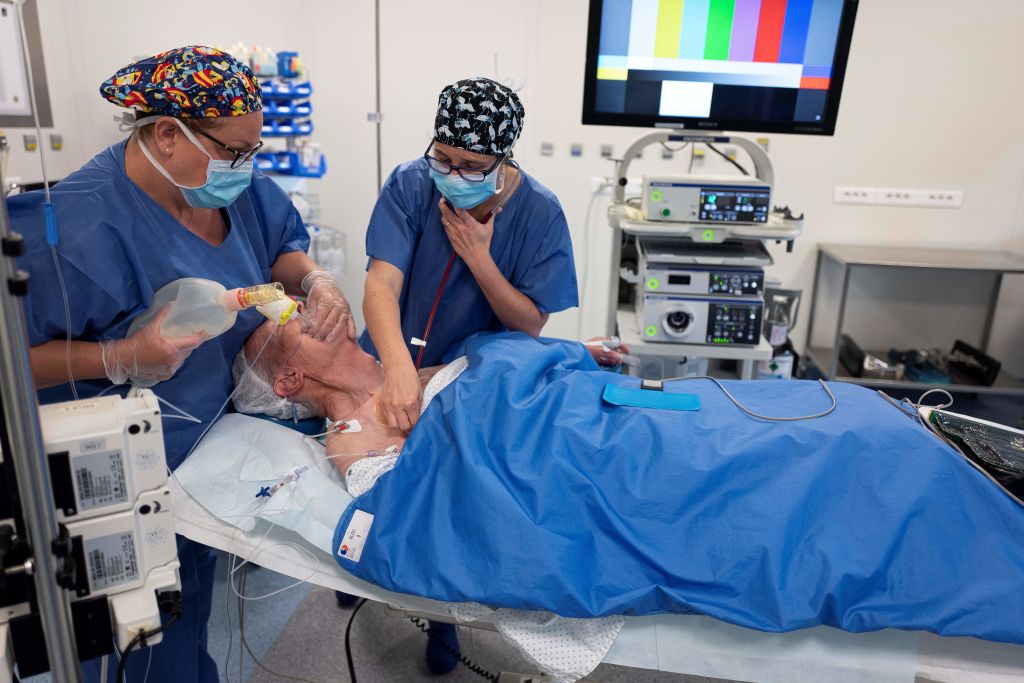Researchers at the University of Notre Dame and the Hospital Infantil de México Federico Gómez (HIMFG) are leveraging artificial intelligence (AI) to monitor chemotherapy complications and improve pediatric cancer treatment. This initiative aims to address the critical gap in post-treatment care for children battling cancer in Mexico, where it is the second leading cause of death in this demographic.
The project is spearheaded by Nitesh Chawla, Professor of Computer Science and Engineering at the University of Notre Dame, and Angélica García Martínez, a postdoctoral research associate at the Lucy Family Institute. Their mission is to create a system that tracks chemotherapy complications and incorporates social determinants of health to provide physicians with AI-driven insights for more effective patient management.
The focus of the project is the development of an AI model tailored to assess pediatric patients who have developed neutropenia, a condition characterized by a lower-than-normal white blood cell count post-chemotherapy. This condition affects approximately half of pediatric patients and increases the risk of infection. The AI model predicts the likelihood of patients with neutropenia experiencing adverse outcomes, such as infection, internal bleeding, or septic shock.
One of the challenges faced by the researchers is the need for comprehensive and accurate data, especially in a Mexican healthcare system that still relies on paper records. To bridge this gap, the Lucy Family Institute created a data collection app. The researchers have already enrolled 264 families in their pilot study.
The ultimate goal of the project is to provide a holistic understanding of the risks and variables post-chemotherapy, taking into account not only the patients but also their family and community context. This approach aims to guide discharge decisions with greater precision and contribute to improved patient outcomes. The data collected also serves as a surrogate electronic medical records system for the hospital.
The researchers are now embarking on a prospective study with HIMFG to integrate social determinants of health data and further refine their AI models. Their findings have been published in the Journal of the Pediatric Infectious Diseases Society.
This project showcases the potential of technology-driven solutions to enhance healthcare delivery, particularly for underserved populations. By leveraging AI and incorporating social determinants of health, the researchers hope to optimize pediatric cancer treatment and improve patient outcomes in Mexico.
Reference:
https://academic.oup.com/jpids/article/11/11/498/6655604?login=false

I have over 10 years of experience in the cryptocurrency industry and I have been on the list of the top authors on LinkedIn for the past 5 years. I have a wealth of knowledge to share with my readers, and my goal is to help them navigate the ever-changing world of cryptocurrencies.







